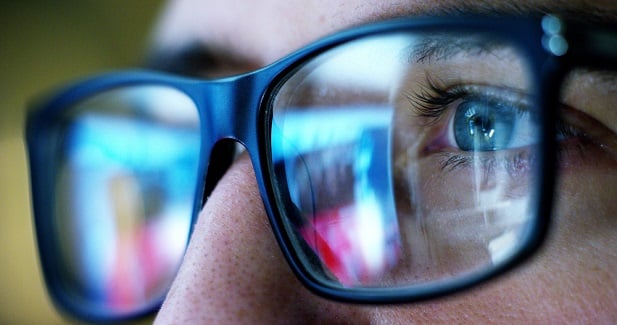A new survey by Gallup finds that 15.5 percent of U.S. adults report having had trouble covering their health care costs in the past 12 months, the lowest rate since Gallup began tracking the issue in 2008.
The percentage reporting trouble with health costs began to decline in 2013 and has continued its downward trend since.
While there are a number of factors that influence one’s ability to pay for health care, including general economic conditions, there is a good chance that the Patient Protection and Affordable Care Act (ACA), implemented at the beginning of 2014, has boosted the number of people who can afford health care.
That’s not to say there haven’t been plenty of affordability concerns raised by the ACA. Many have found the health plans offered through Healthcare.gov to be cost-prohibitive, and premium increases anticipated for next year are bound to put even more consumers in a pinch.
But the ACA has also provided low-cost coverage options to many Americans near the bottom on the income ladder, notably through a major expansion of Medicaid. As a result, many who were previously ineligible for Medicaid now have access to free or very inexpensive care.
While the plans offered through the ACA exchange aren’t cheap, the subsidies available to most customers who purchase such plans make them far less expensive than what was available to them before Obamacare.
“Repealing the Affordable Care Act could easily halt or reverse the positive trends in health care access, which would certainly affect Americans' ability to pay for health care in the future,” concluded Gallup.
© 2025 ALM Global, LLC, All Rights Reserved. Request academic re-use from www.copyright.com. All other uses, submit a request to [email protected]. For more information visit Asset & Logo Licensing.







